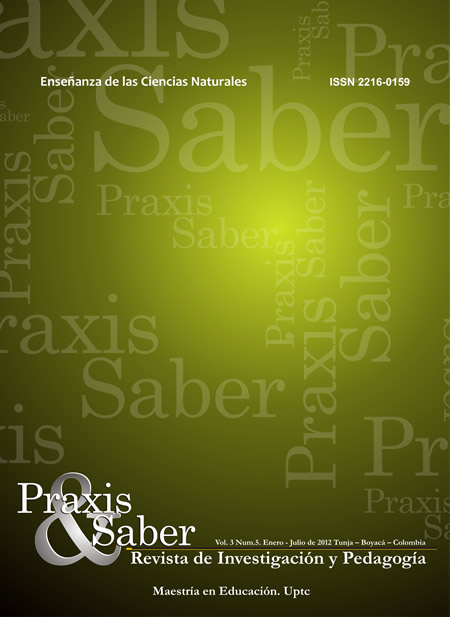What kind of science is being taught in schools located in poverty contexts?

Abstract
In this research, elementary level (4th and 6th grade) students’ performance in scientific competence is analyzed. The sample is made up of 3,000 children whose schools belong to Bicentennial Schools –an improvement program centered on schools located in poverty contexts of six Argentinean provinces. At the beginning of the program, special importance was given to a set of scientific competences recognized as teaching objectives for elementary level education, based on written evaluations in which children had to test their capacity to classify and predict, as well as explaining their reasoning, plan an experiment in order to answer an investigative question, analyze data and design measurement instruments, and so on. The results show a startling situation since a large percentage of children doesn’t master the competences tested, especially the complex ones, obtaining a large percentage of omitted answers. These data provide new evidence on the pressing need for a change in science teaching in schools located in poverty contexts and pose new questions about teaching training and the improvement actions required to cope with this problem.Keywords
scientific competences, scientific literacy, schools located in poverty contexts, evaluation.
Downloads
Download data is not yet available.